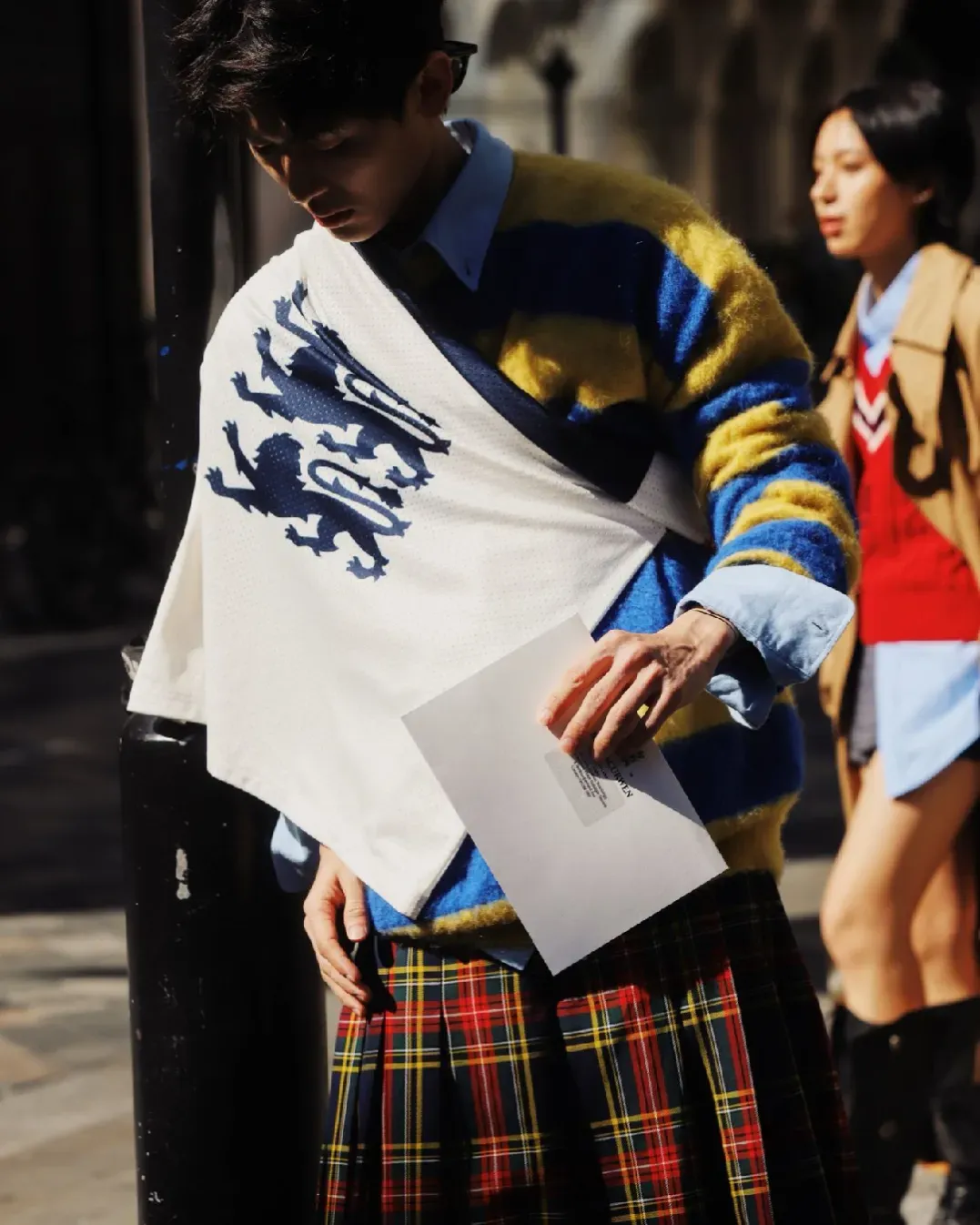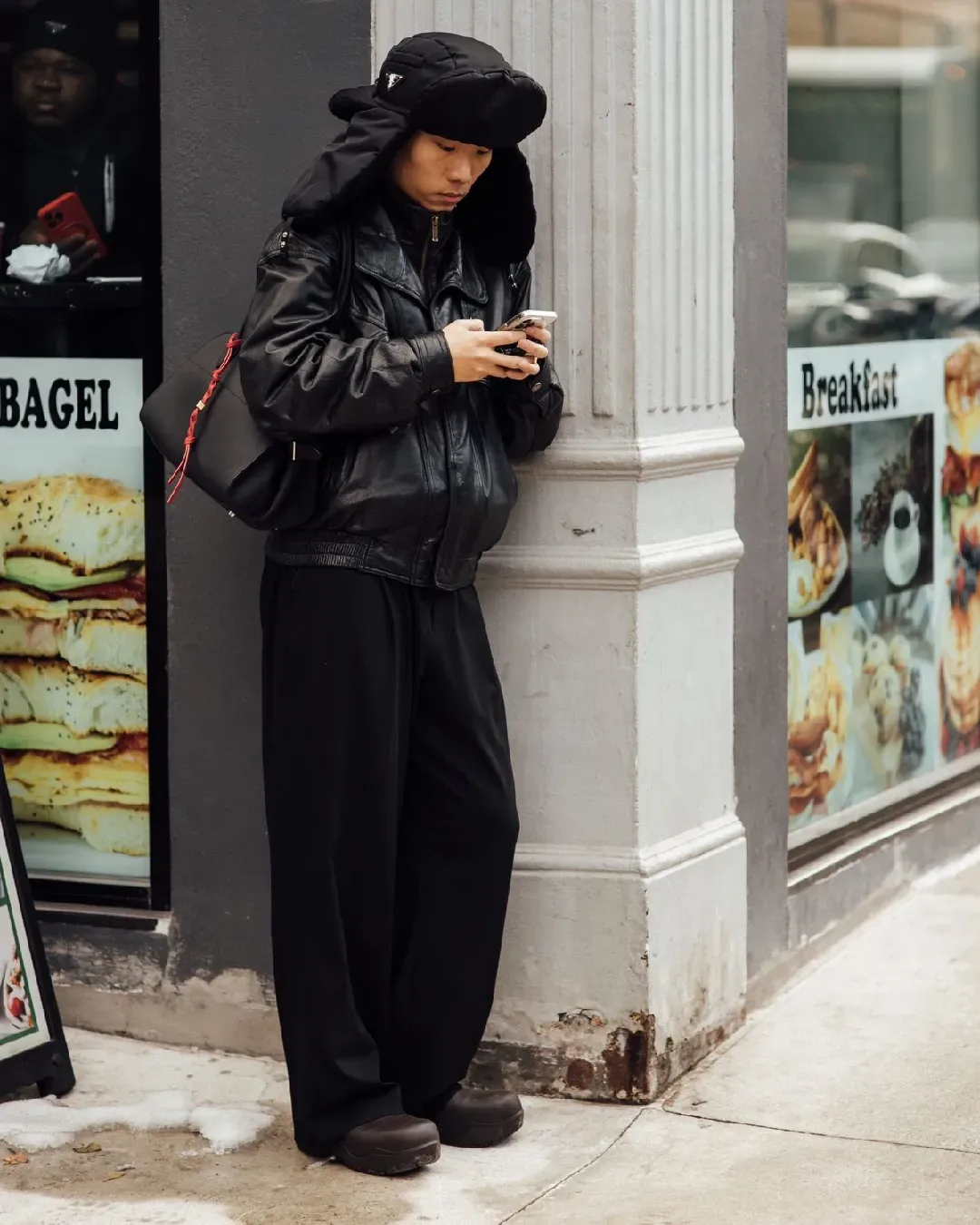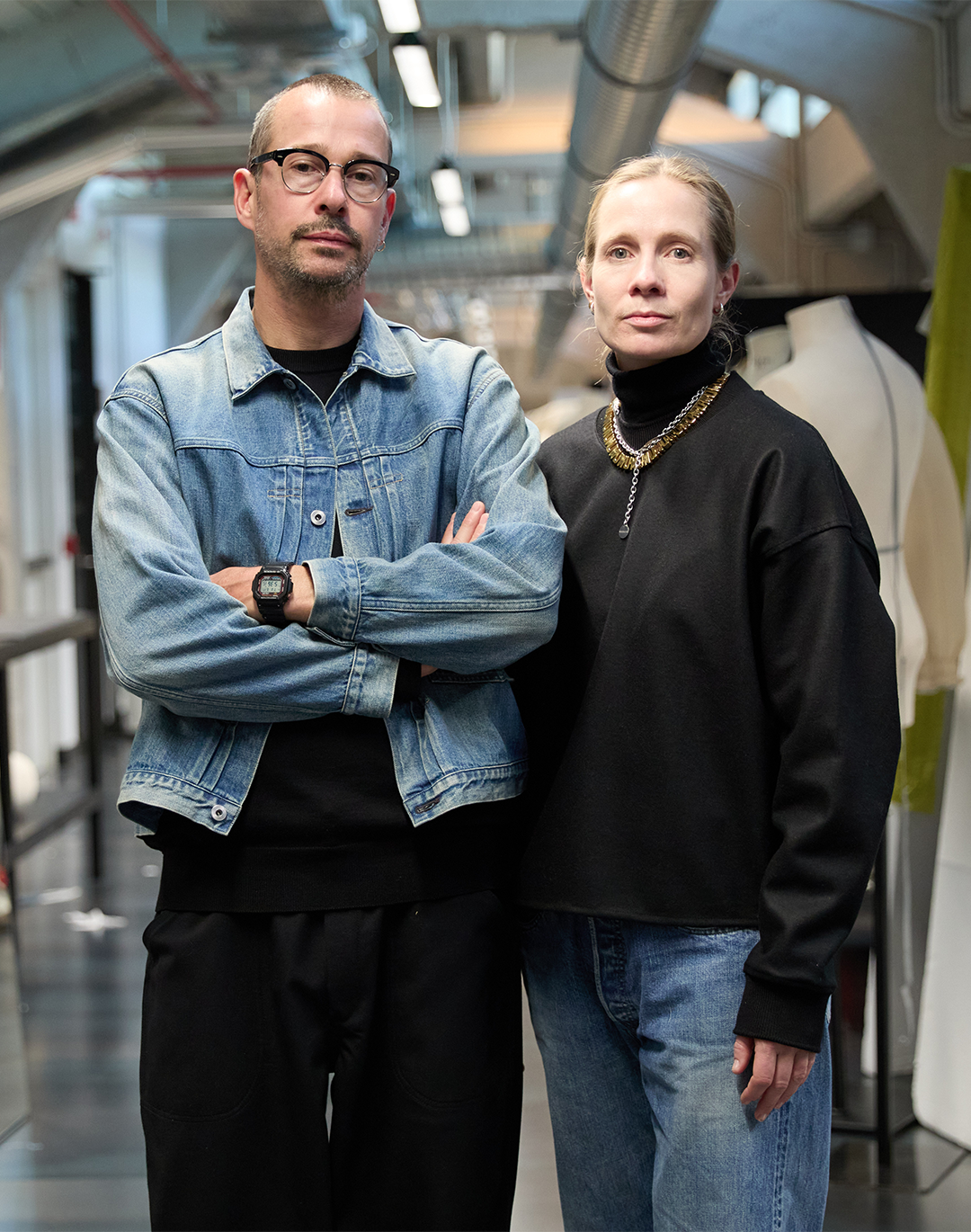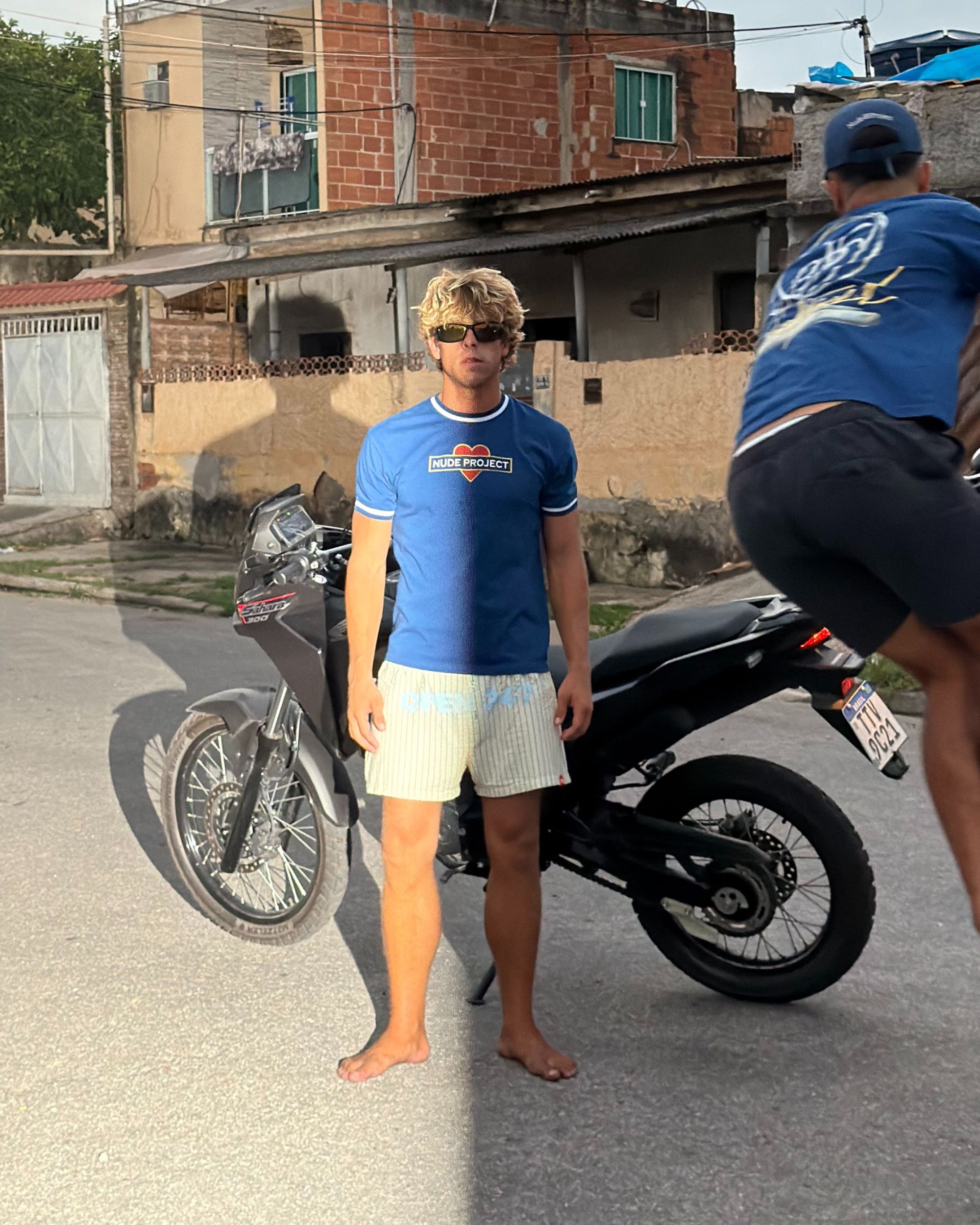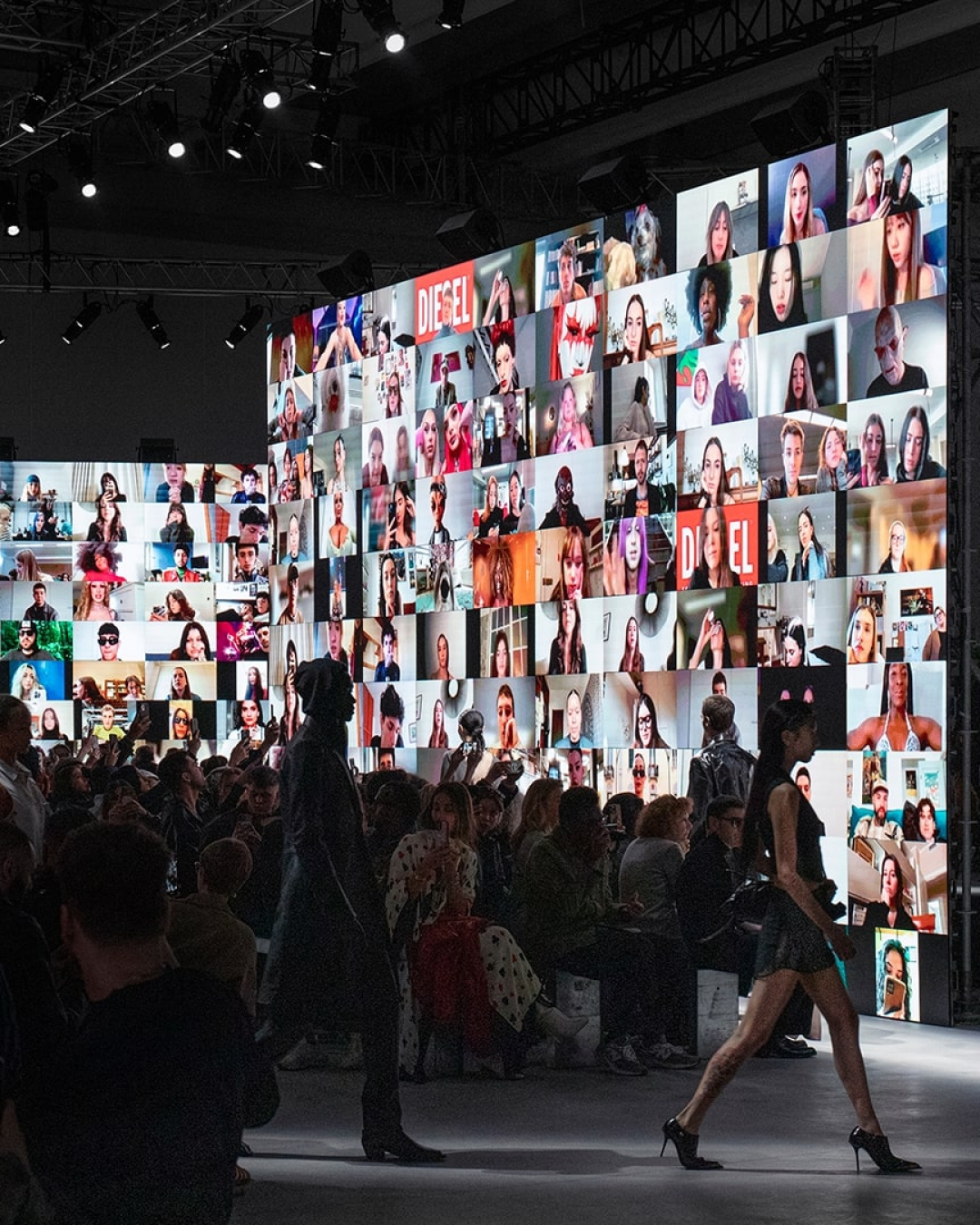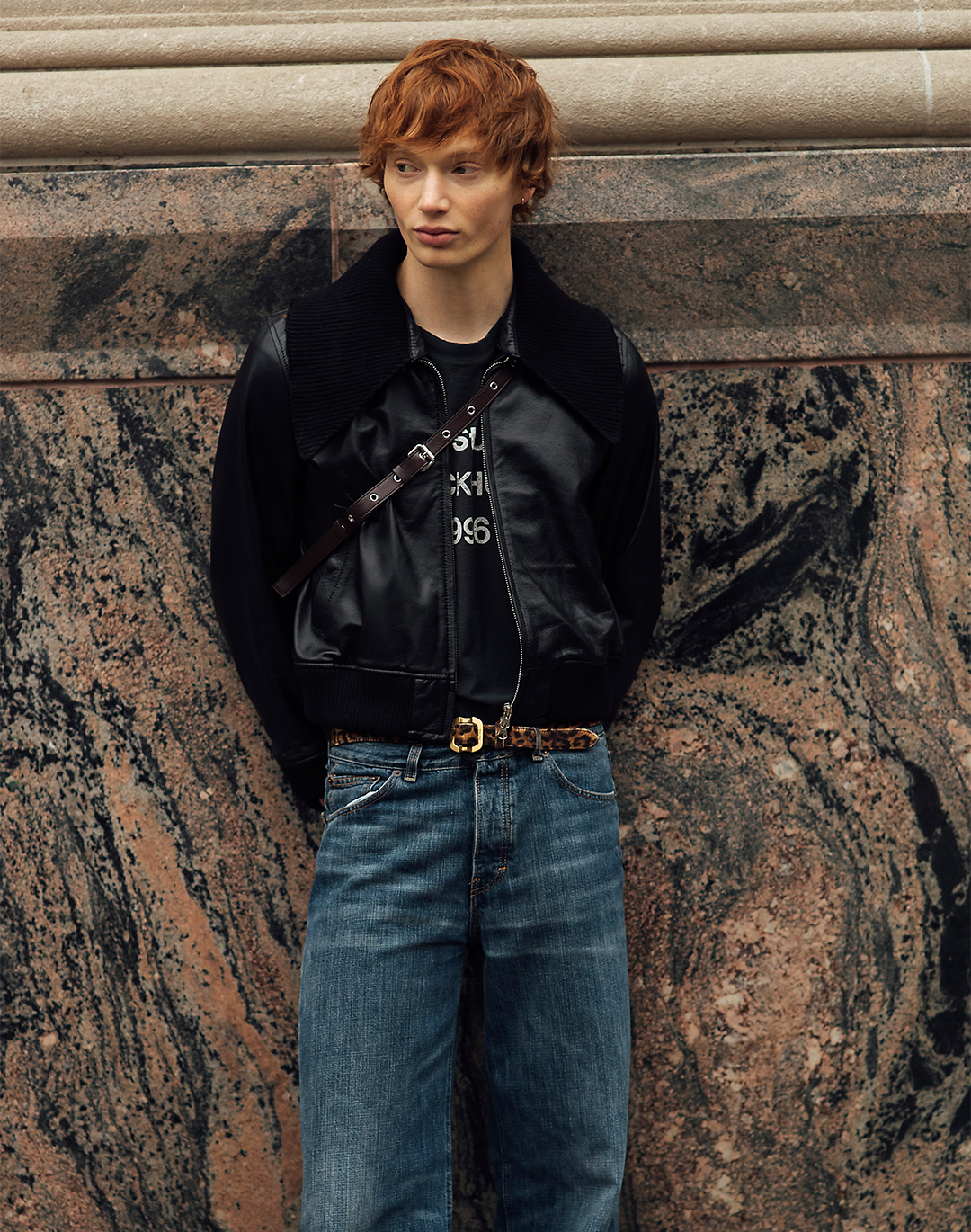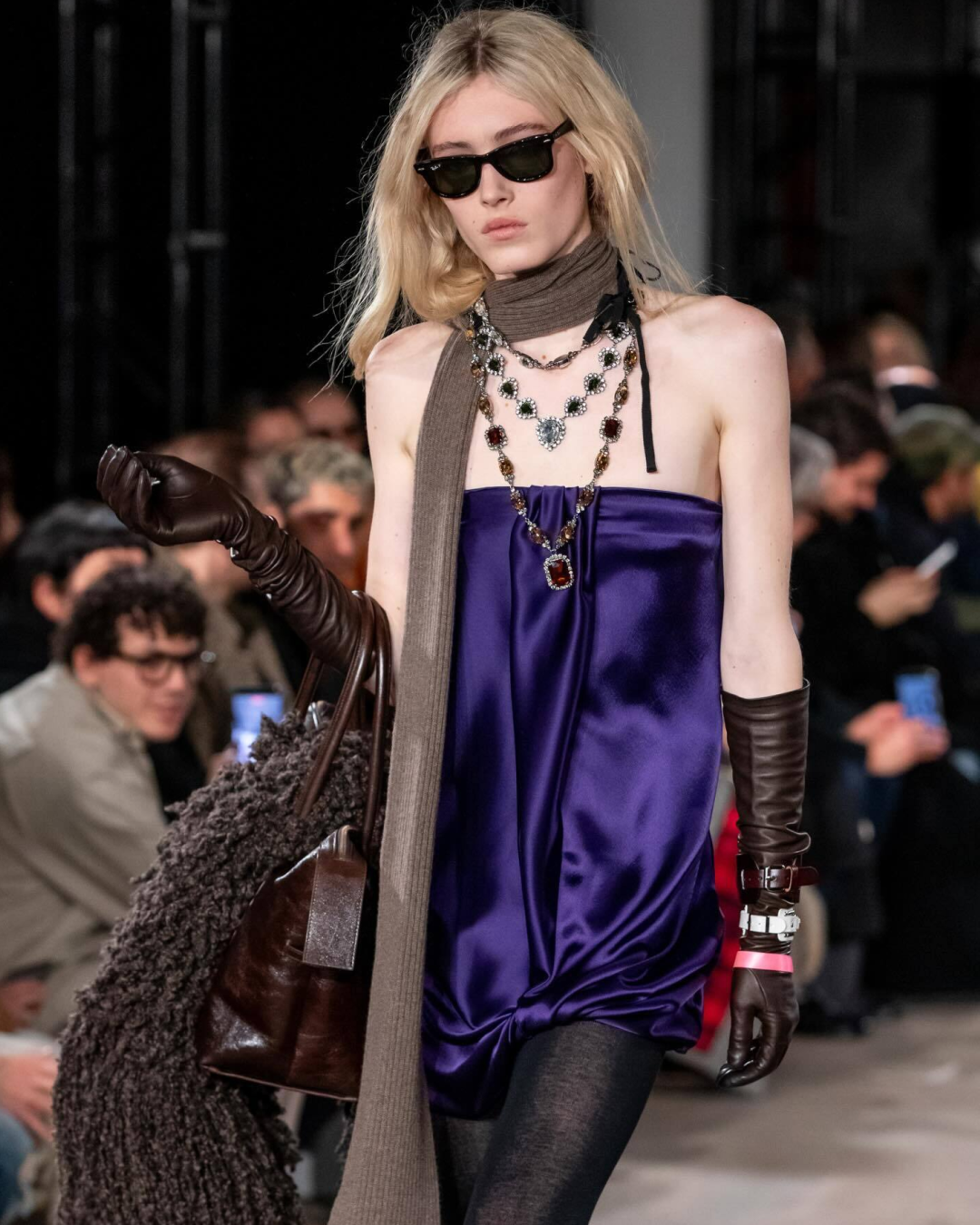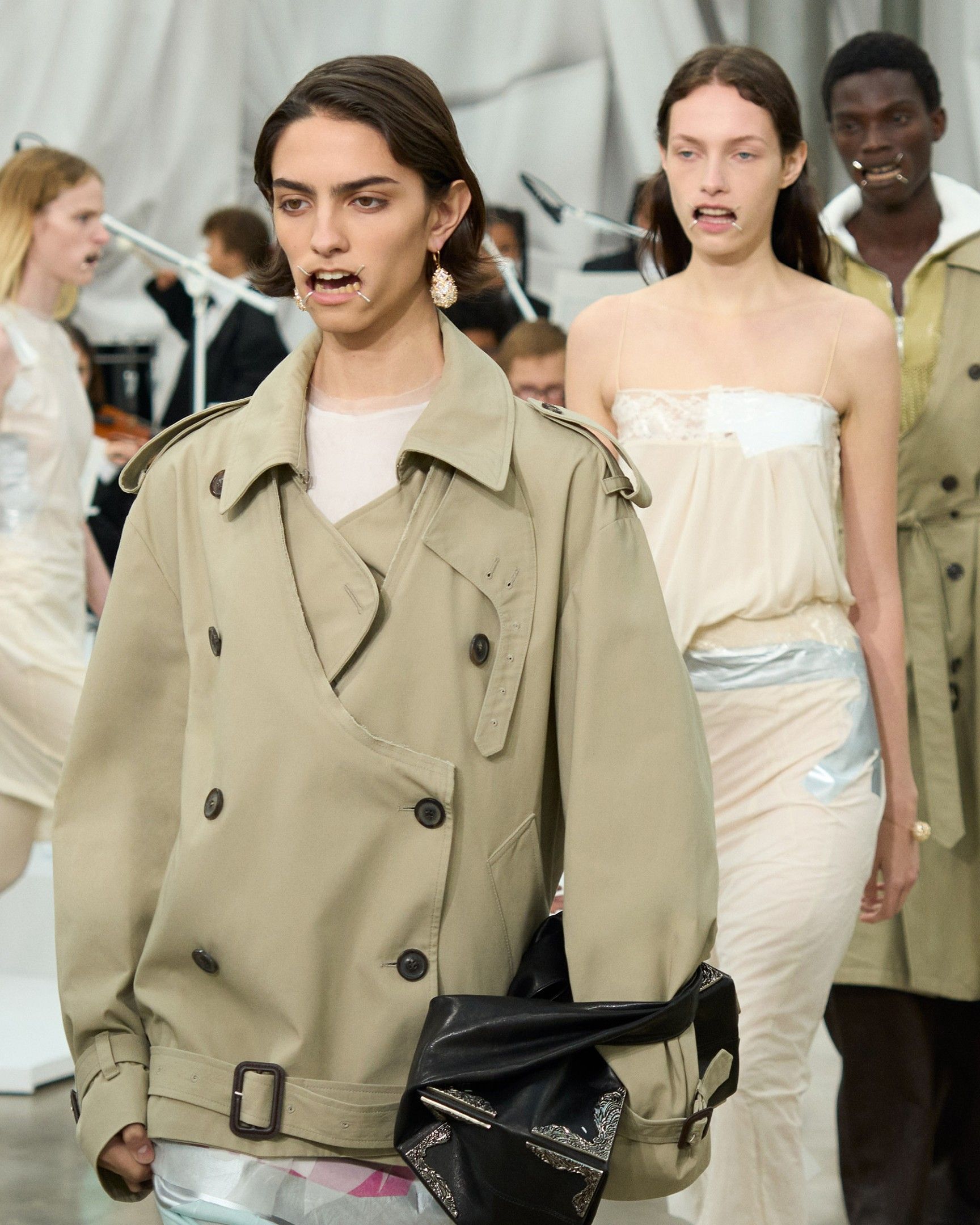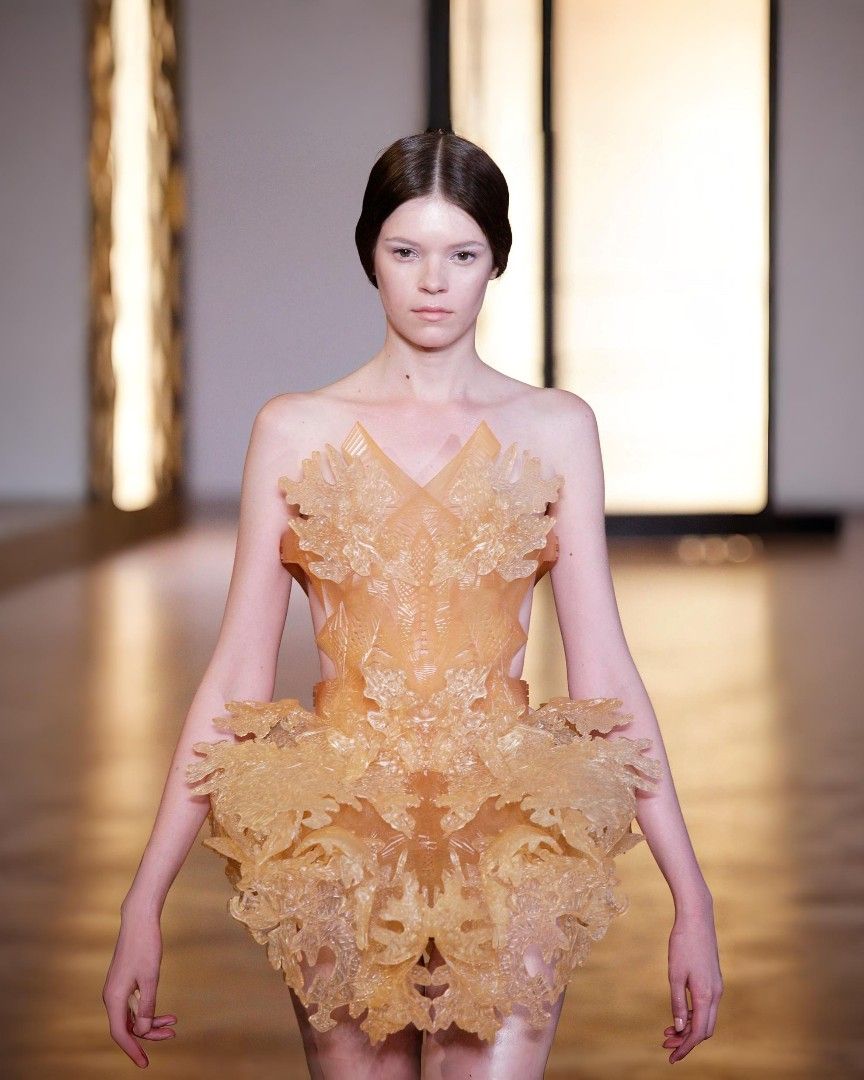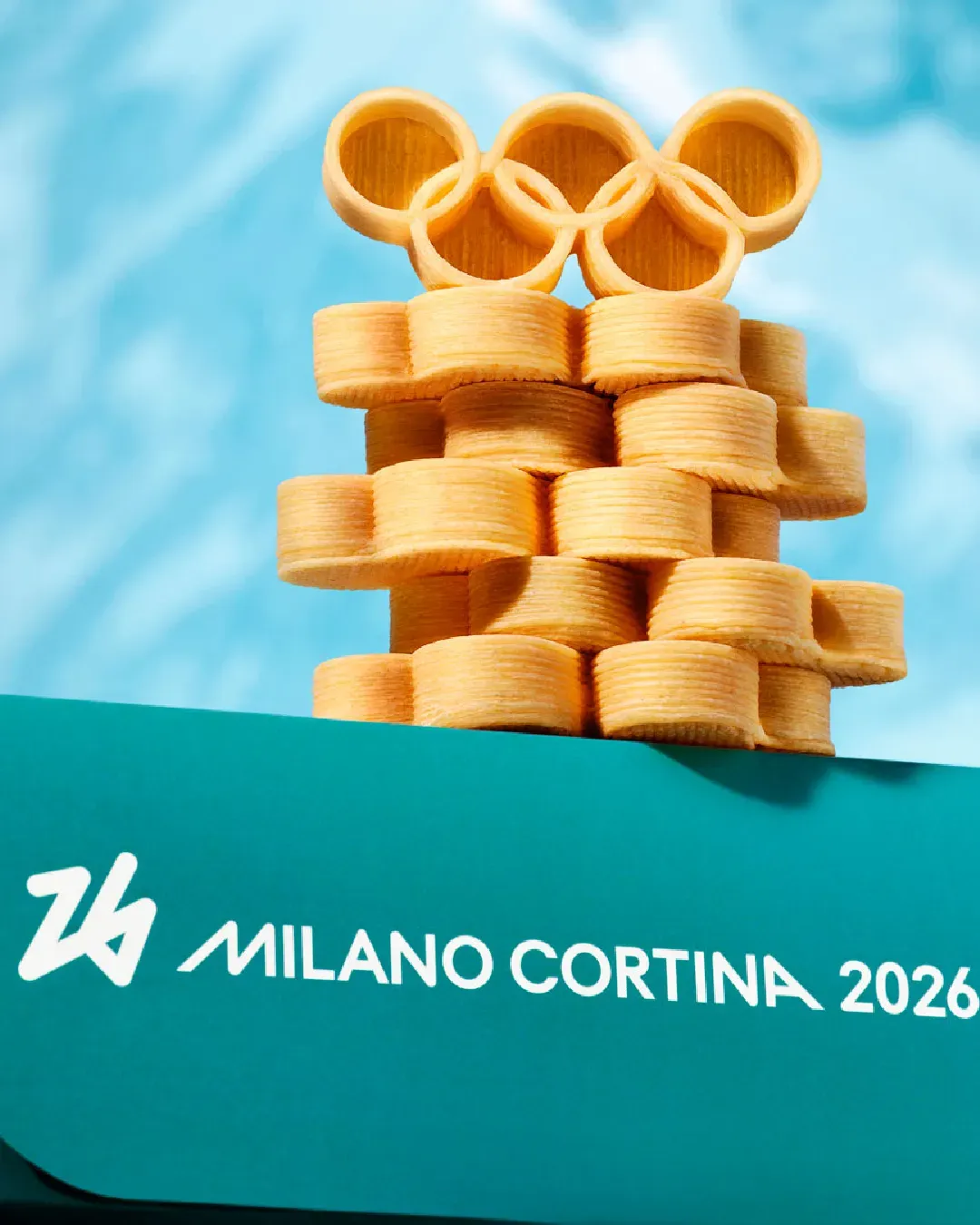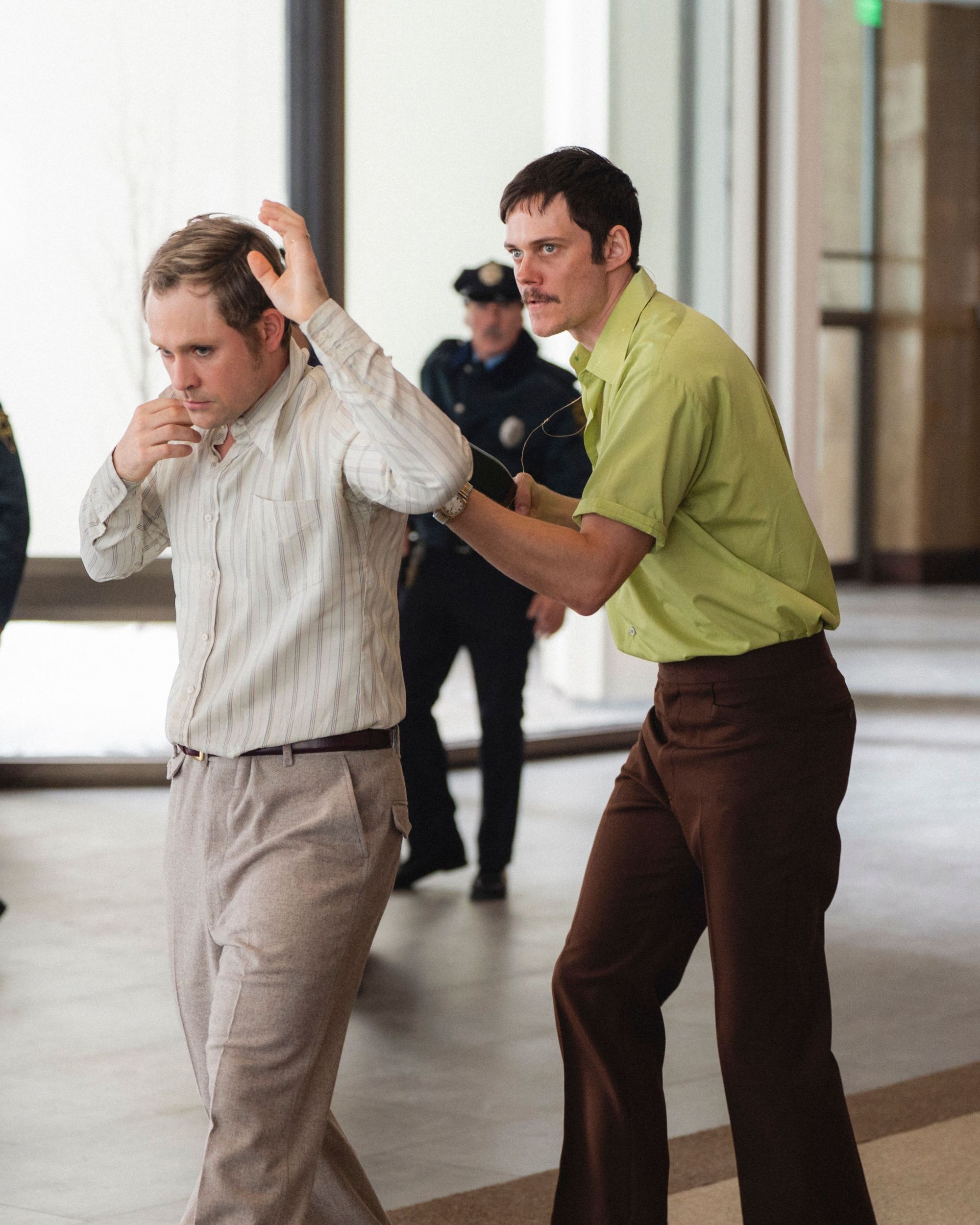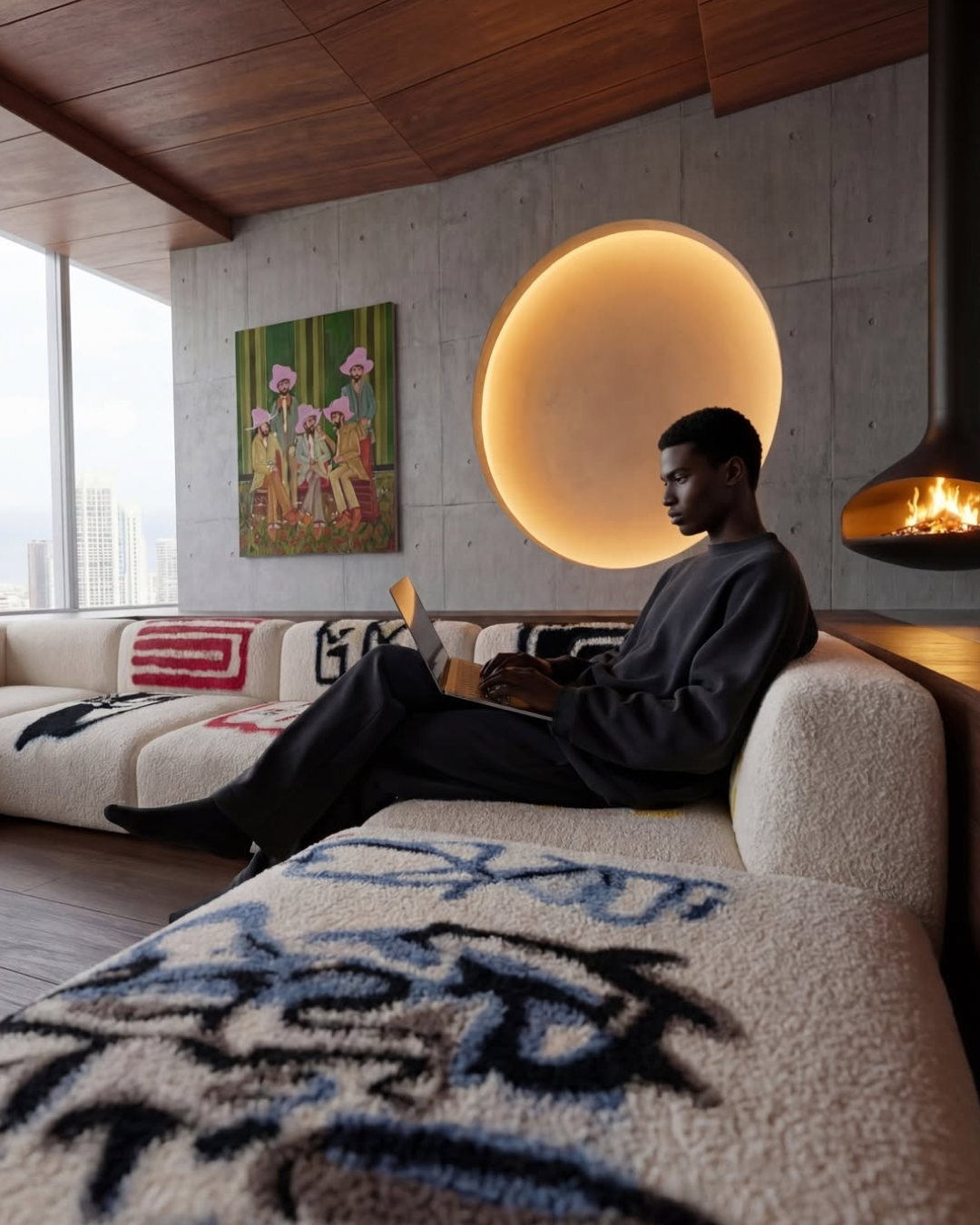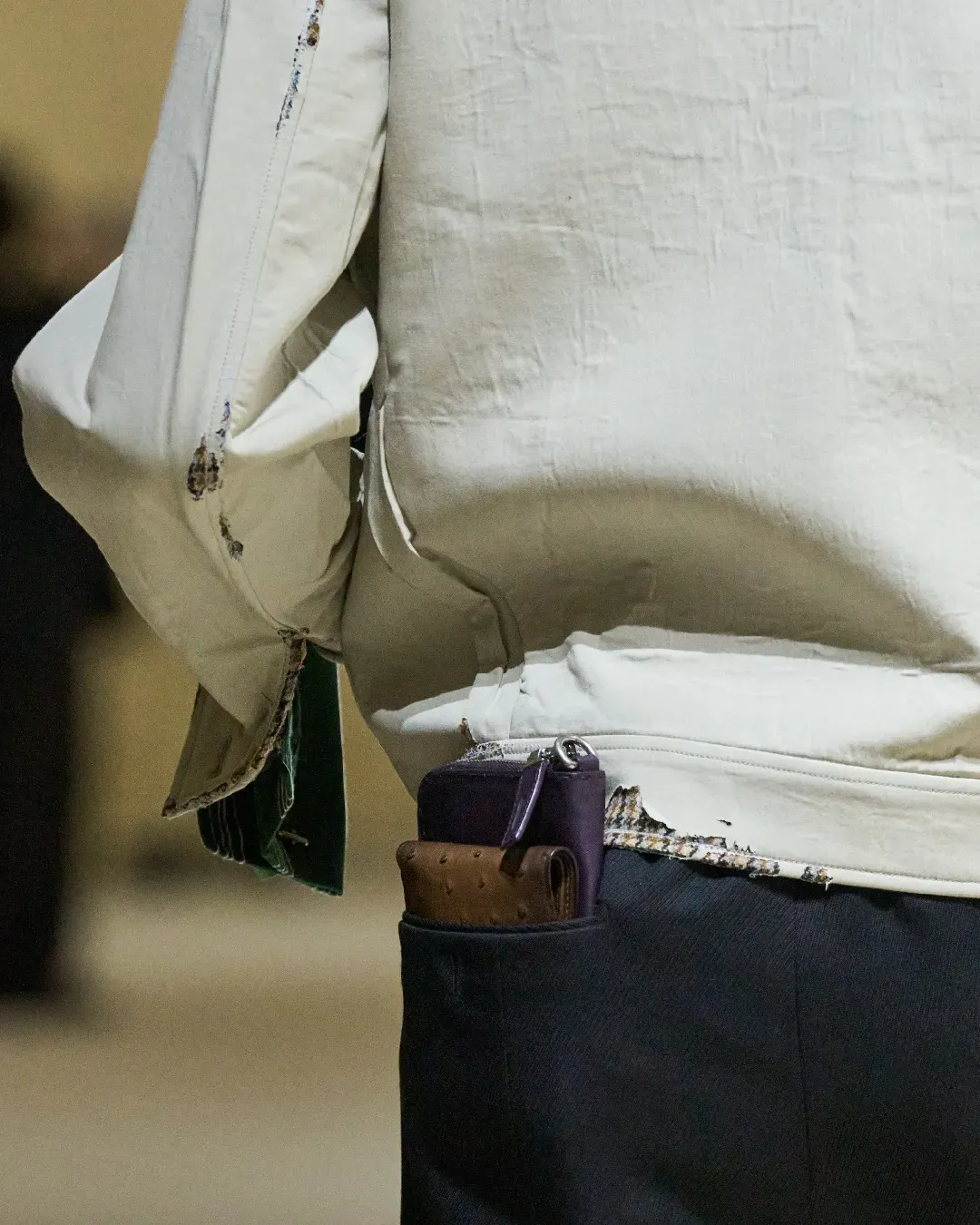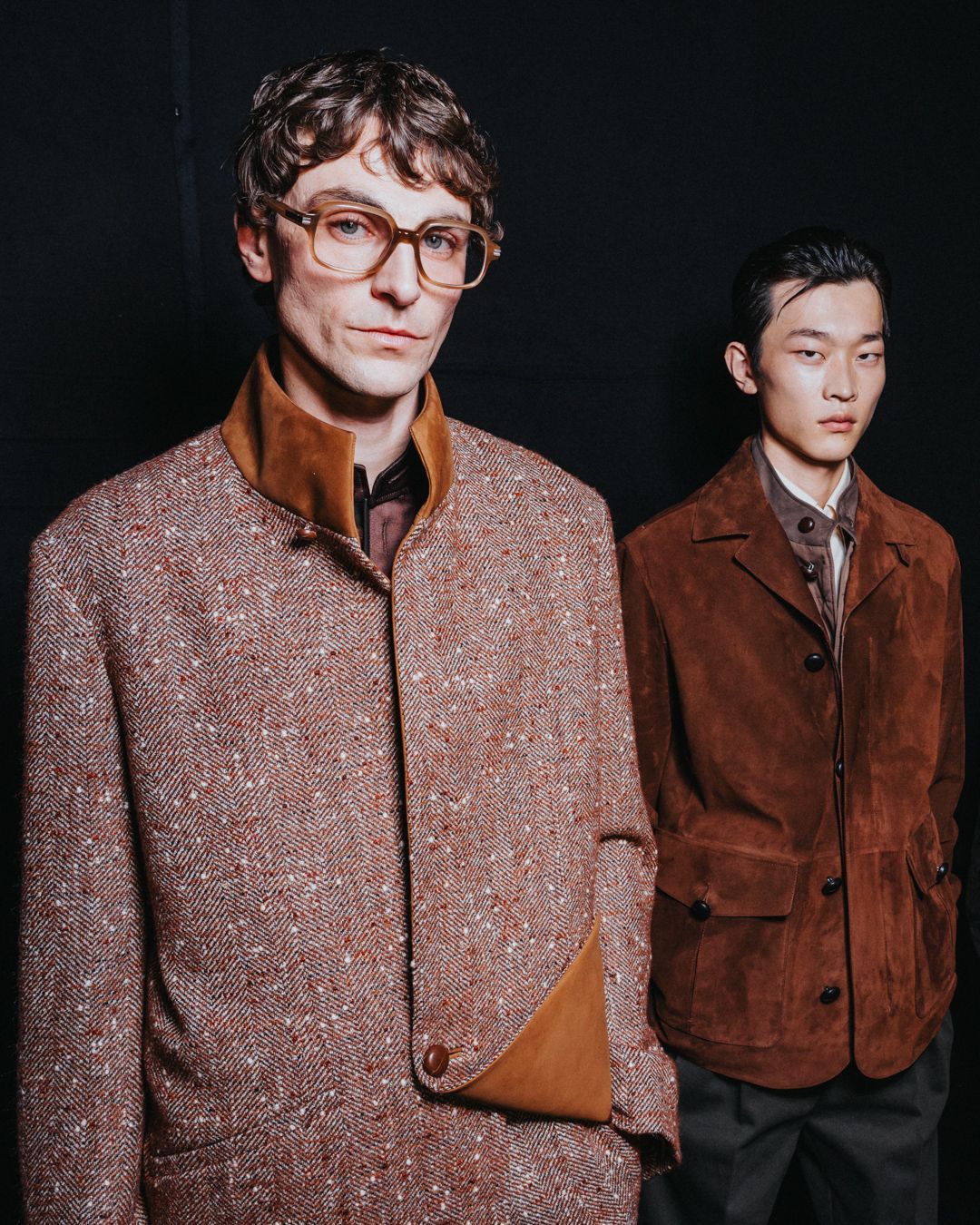
Why is Prada investing in real estate? The importance of the retail experience for the group
A notable detail from the financial statement for 2023 released by the Prada Group concerns the sales channels: the first item mentioned in the press release is indeed the growth of High Quality Retail, an aspect of the company's strategy on which the group is evidently placing great emphasis and which is becoming crucial to its success. Over the past year, the Retail channel has demonstrated an impressive year-on-year growth of +17%, with particularly strong performance in Q4 – the culmination of 12 consecutive quarters of growth. Retail sales of Prada alone increased by +12% year-on-year while those of Miu Miu recorded exceptional annual organic growth of +58%, culminating in extraordinary Q4 performance at +82% year-on-year. Geographically, Asia led the charge with an impressive growth rate of +24%, followed by Europe at +14%, driven by strong domestic and tourist spending. Japan also emerged as the best-performing region in 2023, with an impressive growth rate of +44%, attributed primarily to local customers and a growing presence of tourists. These statistics underline the critical role played by high-quality retail sales in driving the financial success of the Prada Group and positioning it for future growth. As Patrizio Bertelli told the Financial Times: "I never believed that e-commerce would cancel the need for retail stores . . . only ill-prepared analysts thought so because they ignore how consumer trends have evolved throughout history". And it is precisely for this reason that the group is strategically investing in real estate as a fundamental component of its retail expansion strategy, making real estate investment a fundamental pillar.
@shannon_paria Come shop with me at @Prada with Room To Grow! #shopping #prada #fifthavenue #nyc Luxury fashion (no vocals) - TimTaj
This strategy is supported by tangible data highlighting the increasing appeal of physical locations for major fashion brands: research conducted by a real estate company like JLL and also reported by the Financial Times showed a 24% increase in retail space in the fashion sector between 2022 and the end of 2023 in the United States. These data reflect both the importance that the American market still holds for luxury, despite its temporary cooling, and the way in which all major fashion groups are preparing for a forthcoming return of large American customers to stores. Therefore, the acquisition of real estate becomes crucial to fully exploit the VICs' research for a type of personalized and immersive shopping as well as retail experiences that meet the expectations of high-end consumers. This includes temporary and pop-up experiences, such as Prada Mode, whose latest "episode" was in Los Angeles co-created with the artist Carsten Höller, or the many Miu Miu Select and Miu Miu Club events and cultural encounters that have expanded the use destinations of the classic retail space. In particular for the Prada Group, now also expanding into high jewelry, beauty and luxury fragrances, as well as into dining with businesses like Marchesi, having the opportunity to bring together the various facets of its business in a large retail environment is central. The recent acquisition of the Manhattan building, home to Prada's main store since 1997, is emblematic of the company's strategic approach to real estate.
The acquisition of the building not only represents a significant investment in the context of its retail strategy, but also a testimony to the importance attributed to the geographic location of the boutique, located in one of the most prestigious and frequented areas of New York, between 56th and 57th street, opposite the Trump Tower, which represents one of the jewels of commercial real estate worldwide. The legal battle lasting over three years preceding the acquisition of this building highlights the importance attributed to this location by both parties involved due to the "increasing scarcity [of prestigious real estate properties, ed.] and long-term potential" of the building. Despite the challenges and controversies, the $425 million investment not only confirms Prada's determination to consolidate its presence and strengthen its identity in the heart of New York City but also represents the group's desire to have greater control and flexibility in shaping the retail environment, allowing the creation of even more engaging and personalized shopping experiences for customers. Moreover, the possibility of using the space not only as a boutique but also as offices and warehouses further amplifies the strategic value of the acquisition.
In this sense, Bertelli's assertion that e-commerce has not replaced the need for physical retail spaces resonates with the evolving dynamics of consumer behavior. In addition to financial considerations, Prada's investment in real estate serves to elevate its brand identity and cultural relevance. The integration of art exhibitions, culinary experiences, and other cultural initiatives exemplifies Prada's commitment to promoting intellectual engagement and cultural debate. An approach on all fronts that also reflects Miuccia Prada's longstanding interest in using art as a means to reflect on social trends and ideologies.

